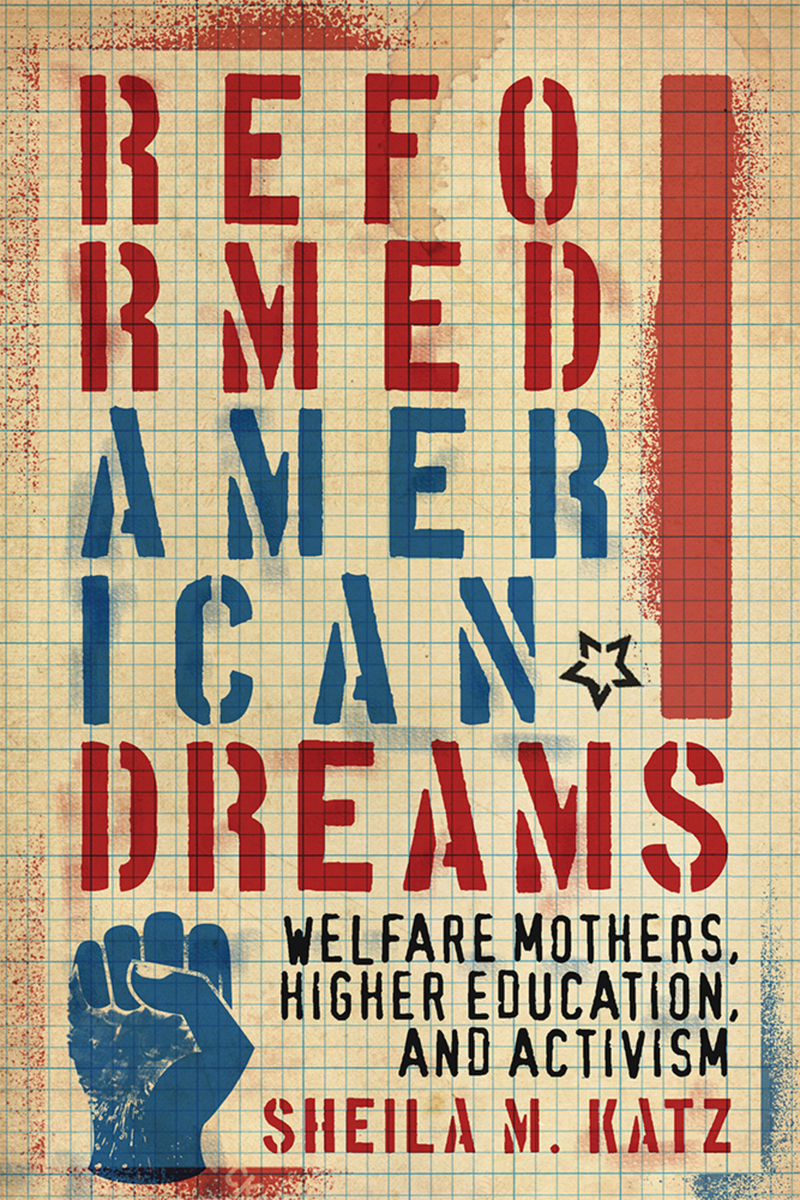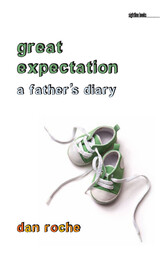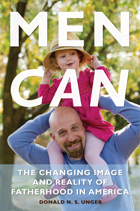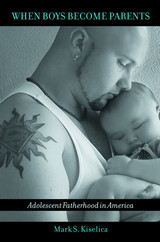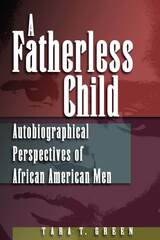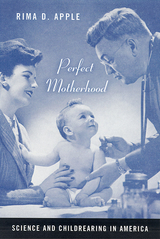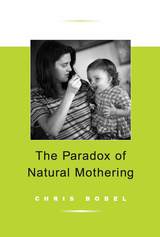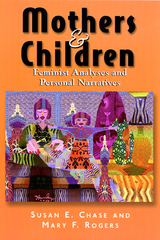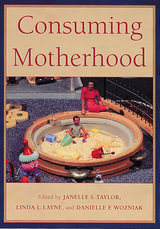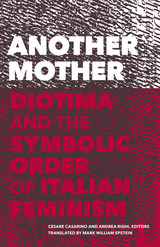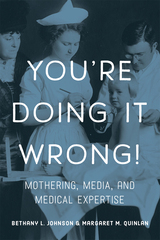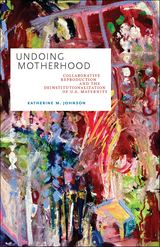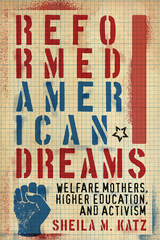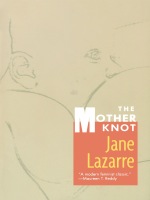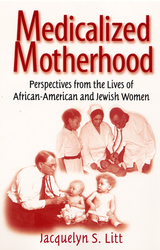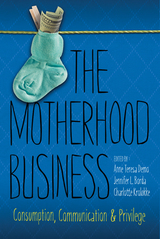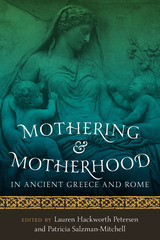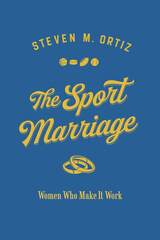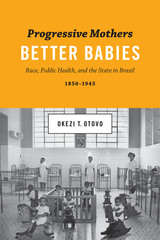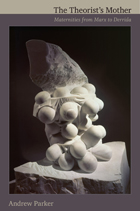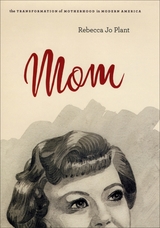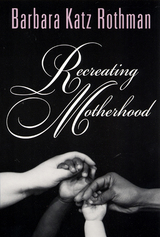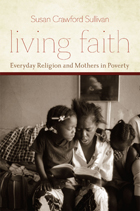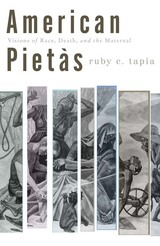Reformed American Dreams: Welfare Mothers, Higher Education, and Activism
Rutgers University Press, 2019
Cloth: 978-0-8135-9435-4 | eISBN: 978-0-8135-9438-5 | Paper: 978-0-8135-9434-7
Library of Congress Classification HQ759.K34748 2019
Dewey Decimal Classification 361.6140973
Cloth: 978-0-8135-9435-4 | eISBN: 978-0-8135-9438-5 | Paper: 978-0-8135-9434-7
Library of Congress Classification HQ759.K34748 2019
Dewey Decimal Classification 361.6140973
ABOUT THIS BOOK | AUTHOR BIOGRAPHY | REVIEWS | TOC
ABOUT THIS BOOK
Reformed American Dreams explores the experiences of low-income single mothers who pursued higher education while on welfare after the 1996 welfare reforms. This research occurred in an area where grassroots activism by and for mothers on welfare in higher education was directly able to affect the implementation of public policy. Half of the participants in Sheila M. Katz’s research were activists with the grassroots welfare rights organization, LIFETIME, trying to change welfare policy and to advocate for better access to higher education. Reformed American Dreams takes up their struggle to raise families, attend school, and become student activists, all while trying to escape poverty. Katz highlights mothers’ experiences as they pursued higher education on welfare and became grassroots activists during the Great Recession.
See other books on: Activism | Education (Higher) | Social Classes & Economic Disparity | Social movements | Social policy
See other titles from Rutgers University Press
